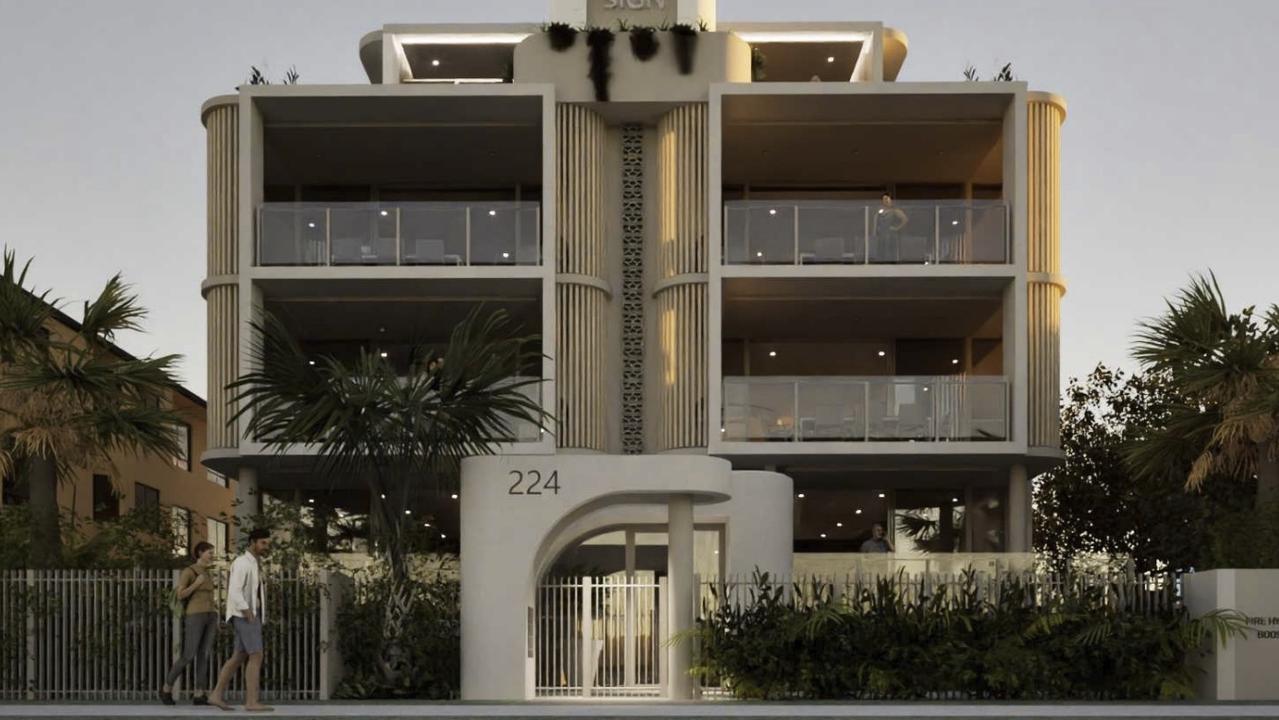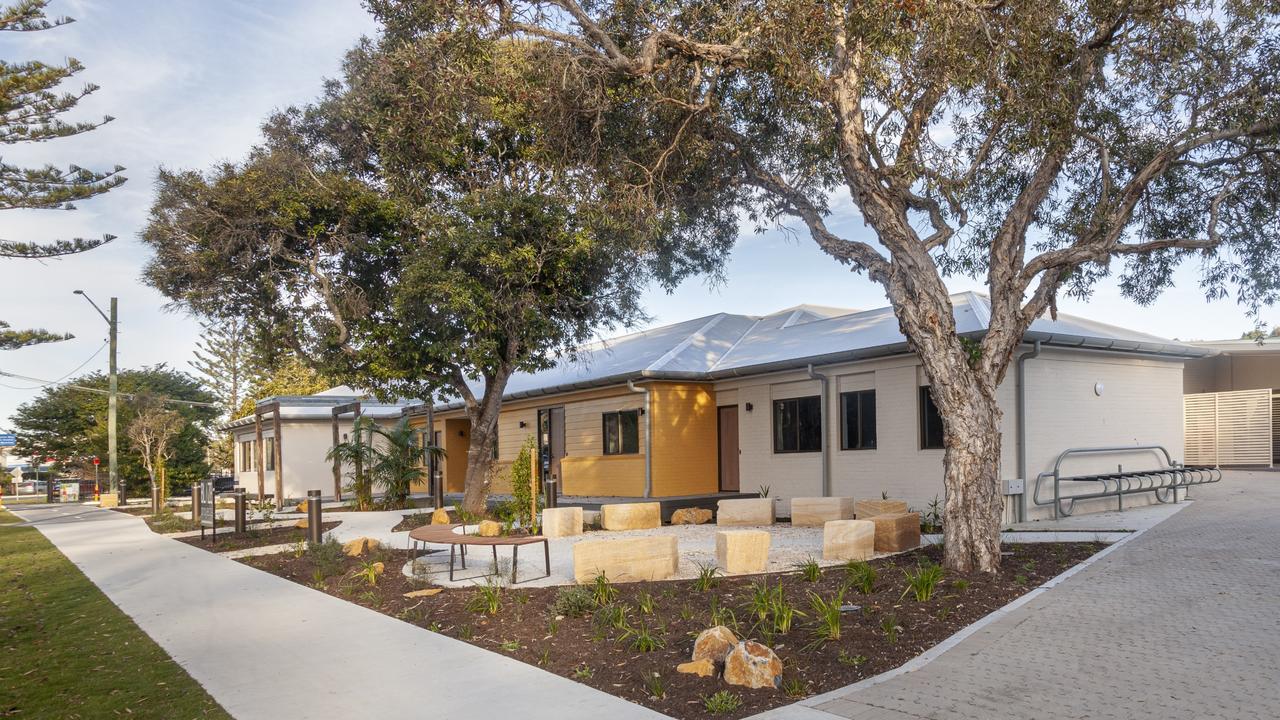Byron Bay struggling to deal with housing shortfall and influx of short-term rentals
Byron Bay is battling to rein in short-term rental behemoths on the once-sleepy coastal strip as people battle to find a place to call home. And it has resulted in some staggering homeless figures.
Property
Don't miss out on the headlines from Property. Followed categories will be added to My News.
A single mum who has been on the hunt for a rental in Byron for months says she can barely get a look in as the short-term letting craze and a shortage of properties hits the area hard.
It comes as northern NSW councils battle to rein in behemoths like Airbnb and Stayz on the once-sleepy coastal strip and social media groups draw increasingly desperate would-be tenants.
Mother Shaunti Kiehl, 46, and her daughter have been living with friends while on the seemingly never-ending hunt for a reasonably priced rental in Byron
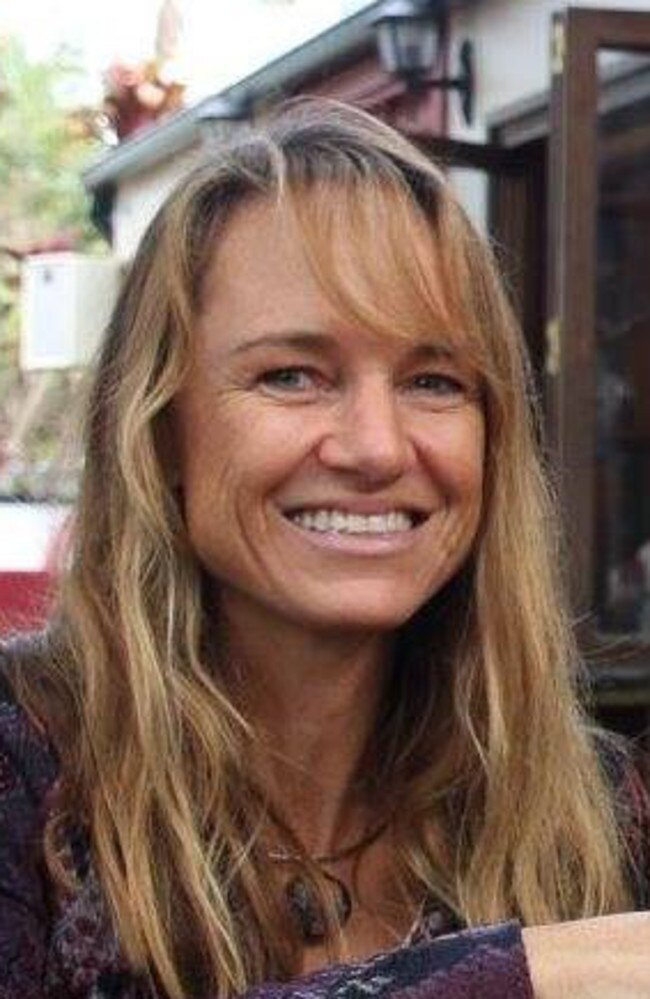
She said the rental situation was “ridiculous” without even considering short-term letting.
“A lot of people have been pushed back into the hills or the Tweed area too – I’m looking at a place in Ballina because its just too expensive (in Byron Shire),” she said.
She said many landlords and rental agencies were not even responding to rental applications – even just to decline.
“Nobody has even responded to us – long term private rentals wouldn’t even get back to me because they can pick and choose from renters now,” Ms Kiehl said.
“The landlord situation has become elitist.”
Jillian Knight-Smith, CEO of Women Up North, a service for connecting families, children and youth to housing said the housing crisis has resulted in more than 4000 homeless people.
“Byron is out of control at the moment,” she said.
“It doesn’t matter where you are on the financial spectrum. If you’ve got a reasonable wage, you won’t be able to afford the rent over there.”
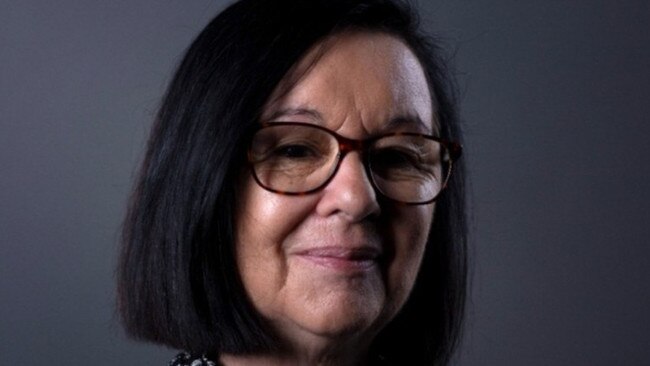
Ms Knight-Smith said families were “absolutely struggling” and making tough decisions about what they could and could not afford – with rent often the chief concern.
“The prices of houses are a massive issue for people because there are a lot of single parents families that just aren’t able to come up with that sort of money,” she said.
Ms Knight-Smith said the housing shortage and recent floods in Northern Rivers has “worn out the community”.
“It’s tragic for people,” she said.
“It’s a landlord’s market.”
Ms Kiehl said trying to get her daughter and herself to school and activities in Byron was “unsustainable” and “stressful”.
She said she felt “guilty as a parent” despite her efforts to find a home in the area.
Ms Kiehl slammed the “stupid Netflix show” Byron Baes for contributing to Byron’s overwhelming popularity, partially driven by celebrity obsession.
While Byron has long been a tourist drawcard, Ms Kiehl said she “can’t even get a park anymore”.
Short-term holiday rentals chaos
Ms Kiehl said she believes politicians have been “dragging their feet” when it comes to managing short-term letting and increasing properties on the general rental market because “they all own holiday rentals”.
“They all own multiple houses … they all own multiple investment properties,” she said.
Ms Kiehl said there was “no disincentivisation for holiday letting an investment property” in the shire and “you can just go for your life”.
“There’s no bed tax … They’re not getting that in Byron so there’s quite literally nothing good for the community,” she said.
Meanwhile, a 90-day-cap annual cap for short term letting in Byron has become a hot topic among desperate renters like Ms Kiehl, who want to see more properties up for grabs.
Currently, STRA (short-term rental accommodation) provisions in the shire allow a maximum of 180 days per 365-day period for non-hosted properties.
In June 2022, then-Planning and Homes Minister, Anthony John Roberts MP authorised the council to proceed with the finalisation of a proposal to reel the cap back to 90 days in parts of the shire, it’s stated.
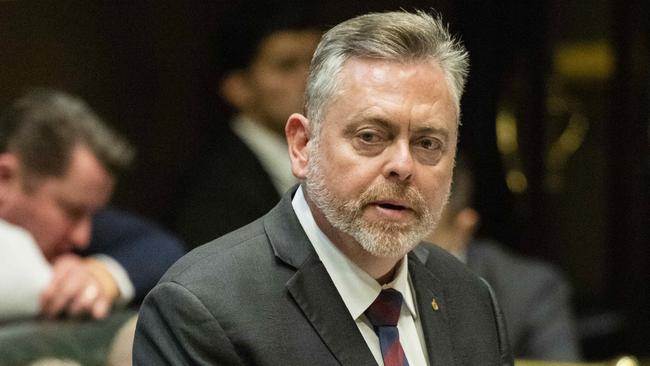
The council exhibited the proposal and the minister stated he would be seeking advice from the Independent Planning Commission due to a “large number of submission” and “the potentially significant economic impacts it could have on local businesses”.
The Liberal government stated in December, the council’s delegation responsible for finalising the proposal was withdrawn so the commission’s advice could be considered.
IPC hearings over state government backflip
In February, the commission held hearings over two days after Mr Roberts essentially stripped the council’s ability to self-regulate short-term rentals.
The day before a vote was to be taken by council, one that was understood to be unanimous, the Liberal government made the commission responsible.
Byron mayor Michael Lyon said he was “surprised and disappointed”.
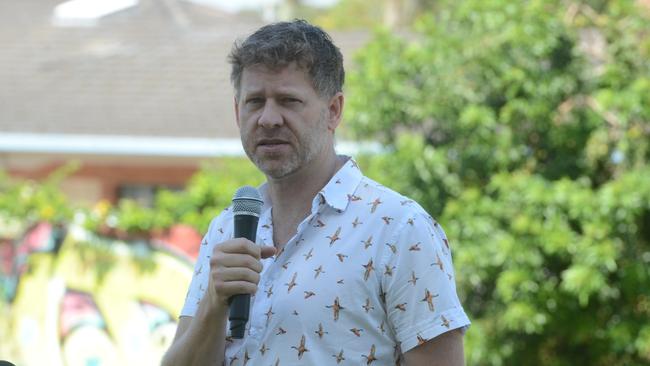
“Councillors were expecting to debate and vote on whether to implement a cap on STRA in some parts of the Byron Shire at the meeting, but this last-minute decision by the Planning Minister means the IPC will now have the final say,” he said.
Cr Lyon said the proposed 90-day cap “is a modest one seeking balance, in the best interests of our community”.
Kiri Dicker, a councillor in neighbouring Ballina Shire – which is also reliant on tourism – does not agree.
Councillor Dicker said the caps were perhaps a “red herring” rather than a real solution to the housing crisis.
“The cap was the best offer the state government was ever going to give,” she said.
“I mean, the 180-day-cap was woefully inadequate and they offered Byron council 90 days because of their unique situation.
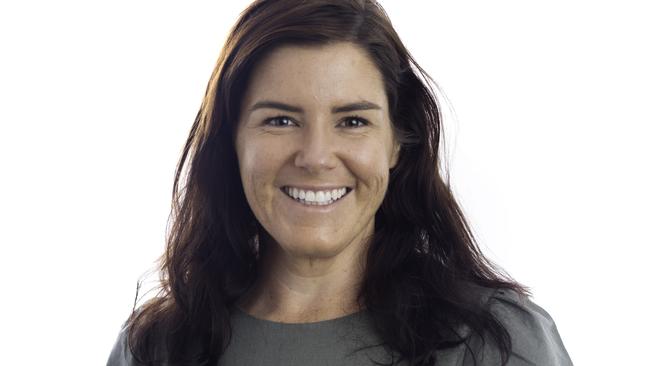
“And now they’ve backflipped on it.”
Ms Dicker said councils should have the right to regulate short term holiday letting: “The state government shouldn’t take that away from us”.
But she said the “solution for the housing crisis is housing supply” and the “real issue is to have the right zoning” – because Ballina Shire council plans to “build up”.
Regarding the housing affordability issue, Ms Dicker was adamant the “root cause has nothing to do with councils”, who were “just picking up the pieces”.
Australia’s housing “like no other”
“When you have policies that treat housing as an investment instead of a right – like negative gearing and tax offset – it’s a problem,” Ms Dicker said.
The record floods which ripped through northern NSW early last year have worsened housing shortfalls, with properties across the region unable to be used.
Authorities have had to scramble to find solutions to overflowing caravan parks and domestic violence safe houses crammed with flood victims.
In February, an affordable housing scheme in Mullumbimby was reported to be taking shape.
Time will tell how the newly elected Minns Labor government will tackle the northern NSW housing crisis.



